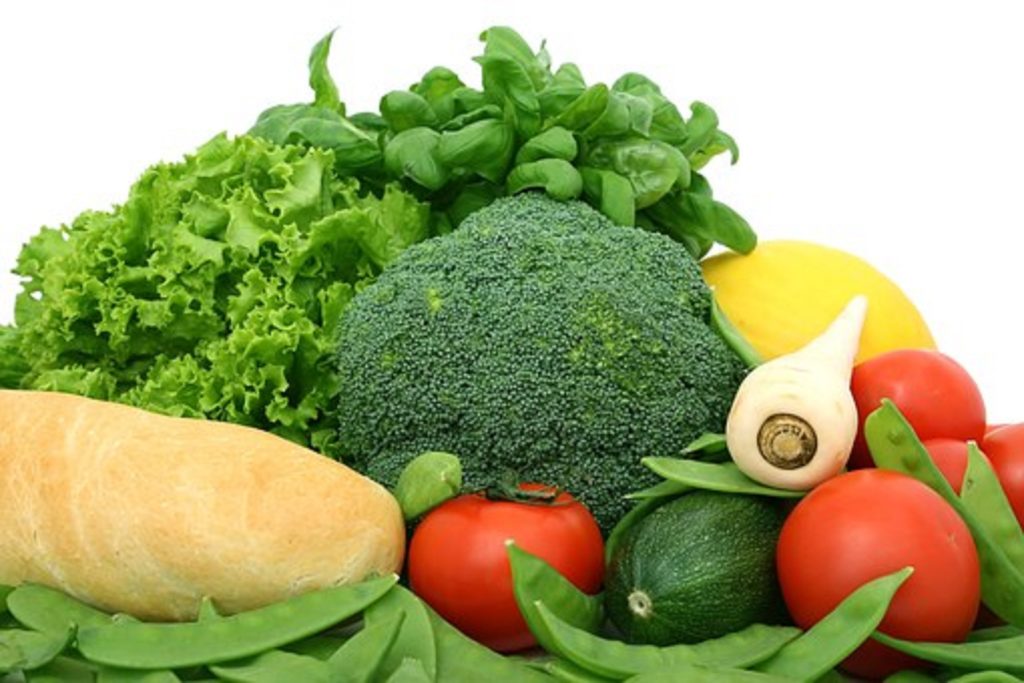Did you know that your stomach rumblings have a name? Yes…. they’re called borborygmi.
Our digestive system is made up of the gastrointestinal (GI) tract, the liver, the pancreas, and the gallbladder. These organs along with a combination of nerves, hormones, bacteria, and blood complete the complex task of digesting the foods and liquids you consumes each day.
Facts about Digestion:
- Digestion is important for breaking down food into nutrients, which the body uses for energy, growth, and cell repair.
- Your body breaks down nutrients from food and drink into carbohydrates, protein, fats, and vitamins.
- Your body uses enzymes to break down food to allow nutrients to be absorbed.
- These enzymes are essential for pre-digestion and they begin to break down food within an hour of consumption.
- Digestive enzymes help prevent fermentation which causes gas.
- Good bacteria live in your intestines and help digest food and support your immune system.
- Enzymes aid in the digestion of food while probiotics help keep the digestive system in balance, so it can absorb nutrients.
Tips to Improve Your Digestive Health
Your lifestyle and the foods you eat impact your digestive health. By taking steps to improve your digestive health, your digestive system will function more efficiently, improving your overall health and sense of well-being.
- Eat a high-fiber diet. A high-fiber diet helps to keep food moving through your digestive tract and it helps you achieve and maintain a healthy weight.
- Chew thoroughly. Digestion of carbohydrates (starches, sugars) starts in your mouth with saliva and enzymes. These enzymes not only help break down your food, they also attack bacteria. Most people don’t chew thoroughly, which makes digestion of food much harder when it reaches your stomach.
- Limit foods that are high in fat. Fatty foods tend to slow down the digestive process, making you more prone to constipation. It’s important to get some fat in your diet so pairing fatty foods with high-fiber foods makes them easier on your digestive system.
- Stay hydrated. Water in your digestive system helps dissolve fats and soluble fiber, making them easier to pass through your digestive system.
- Manage stress. Too much stress or anxiety can cause your digestive system to go into overdrive. Find stress-reducing activities that you enjoy and practice them on a regular basis.
More about fiber
Sometimes your gut feels like a battleground and your weight an endless fight. According to Harvard School of Public Health⇑, fiber is a type of carbohydrate that the body can’t digest. But unlike most carbohydrate, fiber cannot be broken down into sugar molecules, and therefore passes through the body undigested. Fiber comes in two varieties, soluble or insoluble in water and both beneficial to your health.
- More fiber means better digestion. Adding more fiber will promote elimination, encourage the growth of friendly bacteria, ease digestion and keep your gut healthy.
- More fiber means less weight. Fiber helps prolong feelings of fullness between meals, so more fiber means fewer hunger pangs. Fiber also takes up a lot of space in your gut and slows down the release of glucose into the bloodstream, both of which helps control your appetite.
- More fiber means less inflammation. When you don’t eat enough plant fiber, you’re not feeding the friendly bacteria in your system and therefore not supporting the healthy lining of your gut. When those bacteria decline in number, the gut lining can grow porous, opening the door for unfriendly bacteria to enter the bloodstream, which can then trigger inflammation and upset the digestive process. This may also lead to system-wide problems like insulin resistance which promotes fat storage and weight gain.
How to increase your fiber intake:
- Eat whole fruits instead of drinking fruit juices.
- Replace white rice, bread, and pasta with brown rice and whole grain products.
- For breakfast, choose cereals that have a whole grain as their first ingredient.
- Snack on raw vegetables instead of chips, crackers, or chocolate bars.
- Substitute beans or legumes for meat two to three times per week.
Most of us do not eat enough fiber. According to Dr. Arnold Wald⇑, the recommended amount of dietary fiber is 20 to 35 grams per day. Traditionally, the outer layer of grains or plants was considered to be fiber but research has shown that “fiber” actually consists of a number of different substances. You should add it slowly to your diet as it may lead to gas, bloating, and cramps. Soluble fiber (dissolves in water) includes fruits, oats, barley, and legumes (peas and beans). Insoluble fiber comes from plant cell walls and does not dissolve in water, such as wheat, rye, and other grains.
RESOURCE:
- Soluble Fiber vs Insoluble Fiber by the University of Colorado, Colorado Springs
Found value? Feel free to share!!
To Your Success,
Althea
Althea A. McLeish Wilson, RN, MSN
Promoting inner health & outer beauty!
Helping you thrive, not just survive!!
PS: My Store: Health & Wellness with Althea
PPS. Did You Find This Helpful? If so, please feel free to share! Leave a comment or contact me at althea@altheamcleish.com.

